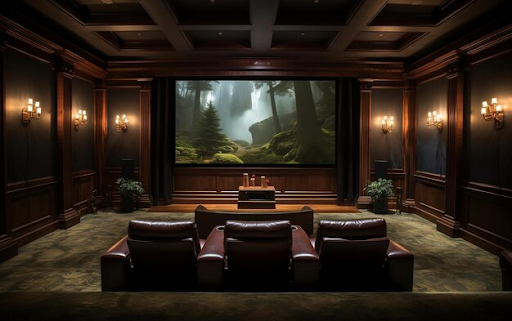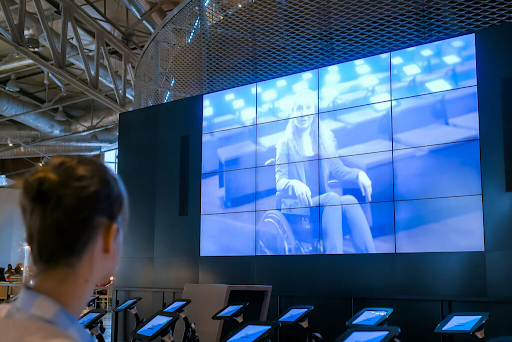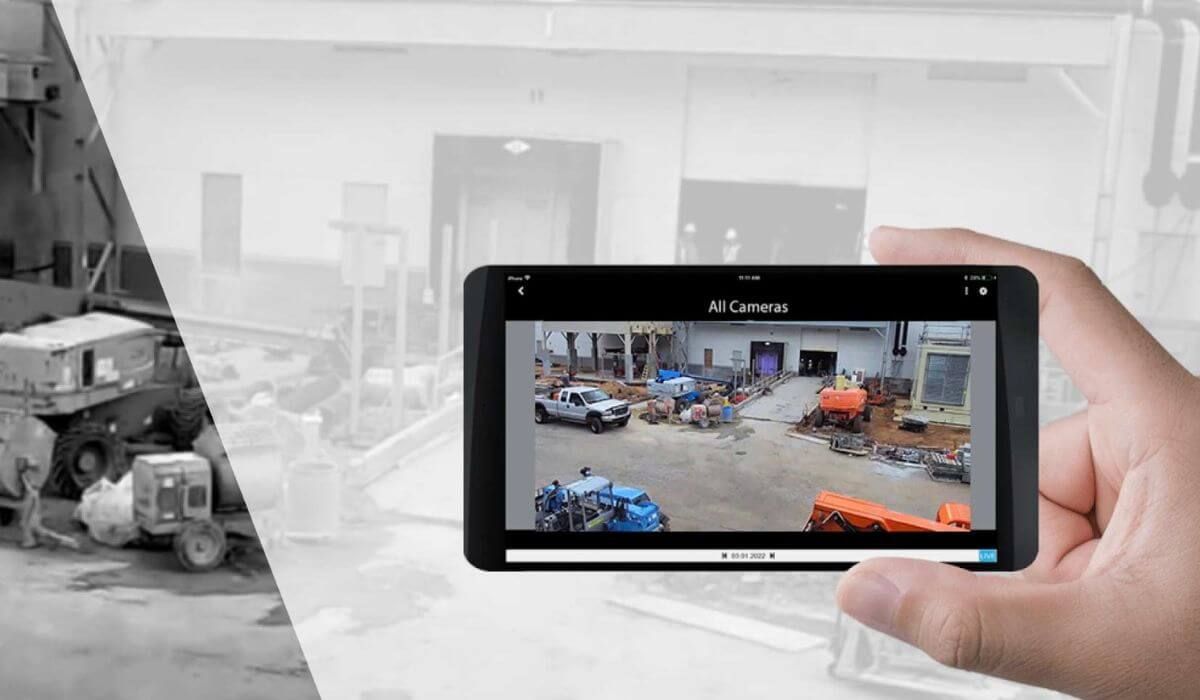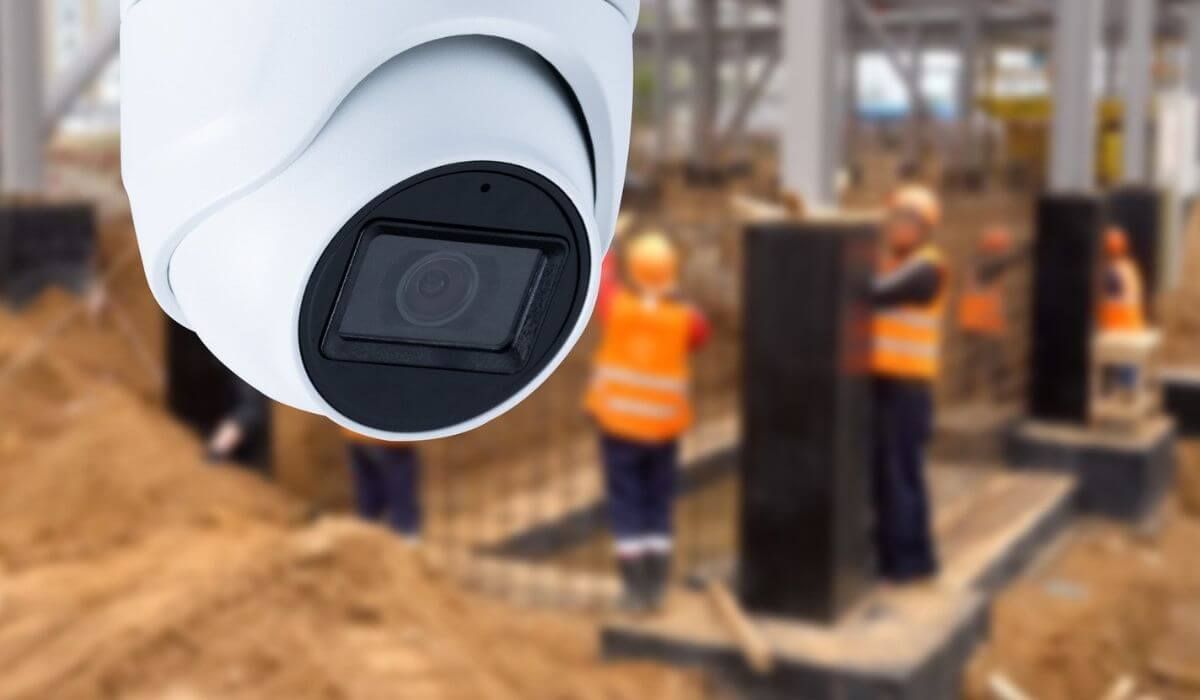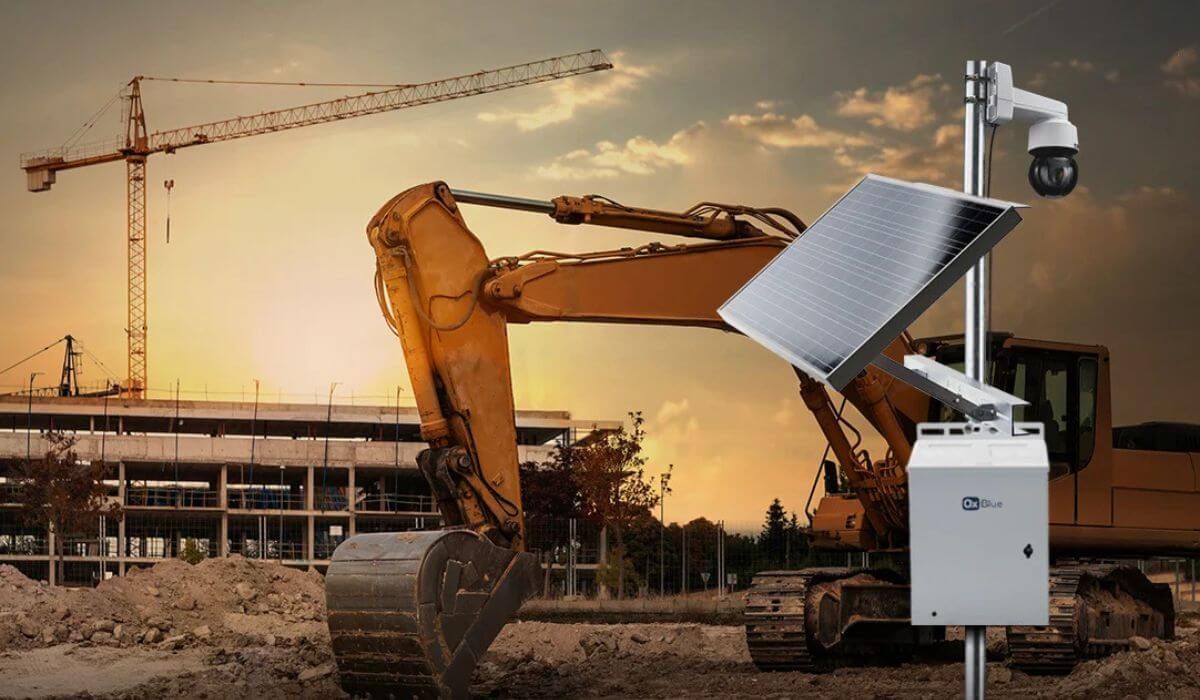Rent vs Buy AV Equipment in Sydney: A Detailed Cost Comparison
For businesses and event organizers in Sydney, one of the most critical decisions is whether to rent or buy AV (audio-visual) equipment. This dilemma can impact not only your budget but also the quality of your events, presentations, and operations. Factors like cost, frequency of use, and the rapid pace of technological advancements all play a role in making the best choice for your specific needs.
In this guide, we’ll break down the pros and cons of both renting and buying AV equipment in Sydney, complete with a cost comparison and real-world examples to help you make an informed decision.
Pros and Cons of Renting AV Equipment
Benefits of Renting AV Equipment
Renting AV equipment comes with several advantages, particularly for businesses and event organizers that don’t need AV systems regularly.
- Flexibility: Renting allows you to scale your AV setup based on the event. Whether it’s a small meeting or a large conference, you can adjust your AV needs without being locked into ownership.
- Lower Upfront Costs: Instead of making a large initial investment, renting AV equipment requires only a fraction of the cost upfront. This is particularly useful for startups and smaller businesses with limited budgets.
- Access to the Latest Technology: By renting, you can take advantage of the latest AV technology without having to constantly update your equipment. Rental companies regularly upgrade their stock, meaning you’ll always have access to cutting-edge tech without the expense of frequent purchases.
Drawbacks of Renting AV Equipment
Despite its benefits, renting AV equipment can come with some downsides, especially for businesses with long-term needs.
- Long-term Costs: Over time, rental fees can add up, potentially surpassing the cost of buying AV equipment outright. If you host regular events, the long-term rental costs may not be as economical as purchasing.
- Availability Issues: During peak event seasons, AV rental companies may have limited stock. You may not always get the equipment you need, especially if you book last minute.
- Lack of Ownership: When renting, you don’t own the equipment. This means you’ll always be paying for something you never truly possess, which can feel like a waste of resources over time.
Pros and Cons of Buying AV Equipment
Advantages of Purchasing AV Equipment
For businesses or event organizers with frequent AV needs, buying equipment outright can offer several benefits.
- Long-term Investment: Buying AV equipment is a long-term investment that can save you money if you frequently host events. Once purchased, there are no recurring rental costs.
- Total Control: Owning your AV equipment gives you complete control over its use. You can train your staff on the system, making it easier to set up and troubleshoot during events.
- No Rental Deadlines: When you own the equipment, there’s no rush to return it, and you won’t face late fees or penalties if something runs overtime. You have full control over when and how the equipment is used.
Disadvantages of Buying AV Equipment
While ownership has its perks, buying AV equipment can also come with significant challenges.
- High Initial Costs: The upfront cost of purchasing AV equipment can be steep, especially for high-quality systems. This might be difficult for smaller businesses to afford, and it could limit other investments.
- Depreciation: Like most technology, AV equipment depreciates over time. What’s state-of-the-art today might be outdated in just a few years, forcing you to reinvest in upgrades.
- Maintenance and Repairs: Owning your equipment means you’re responsible for its maintenance, repairs, and any technical issues that arise. This can add additional costs to your overall AV investment.
Cost Analysis: Renting vs. Buying
Break-even Analysis for AV Equipment
When comparing the costs of renting versus buying AV equipment, it’s essential to conduct a break-even analysis. This analysis helps determine how long it will take before the cost of renting surpasses the cost of buying. For example, if you host frequent events—say, once a month—buying AV equipment might pay off within a year, compared to ongoing rental fees.
The
break-even point will vary based on your event frequency, the type of equipment you need, and rental rates in Sydney.
Case Studies: Sydney Businesses and AV Decisions
To illustrate the impact of renting versus buying AV equipment, let’s look at some real-world examples of Sydney businesses.
- Case 1: A Corporate Training Company
A Sydney-based corporate training company decided to buy its AV equipment after renting for the first year. The frequent use of projectors, microphones, and sound systems at various workshops made renting cost-prohibitive. After conducting a cost-benefit analysis, they found they broke even after 18 months. - Case 2: An Event Planning Agency
On the other hand, an event planning agency in Sydney that manages multiple large-scale conferences each year opted to continue renting AV equipment. Their need for the latest technology and the flexibility to adjust equipment for different venues made renting the more cost-effective solution in the long run.
Factors to Consider Before Deciding
Assessing Your AV Equipment Needs
Before deciding whether to rent or buy AV equipment, you must evaluate your specific needs.
- Frequency of Events: How often will you need the equipment? If you’re hosting regular events or need AV equipment for in-office presentations, buying might be a better investment.
- Type of Equipment Needed: If your AV needs are relatively simple (e.g., projectors and sound systems), buying could be more economical. However, if you frequently require specialized equipment for large events, renting might be the smarter choice.
Future Trends in AV Technology
When considering buying AV equipment, it’s crucial to think about future-proofing your purchase. AV technology is constantly evolving, and what’s cutting-edge today may be obsolete tomorrow.
- Upcoming Tech Advancements: Innovations like 8K resolution, wireless connectivity, and AI-driven AV solutions are on the horizon. If these future advancements are essential for your business, renting might allow you to stay on the cutting edge without having to invest heavily in upgrades every few years.
Conclusion
When it comes to AV equipment, both renting and buying have their advantages and disadvantages. The right decision depends on your business’s specific needs, event frequency, and budget. Renting offers flexibility and access to the latest technology, while buying can be a cost-effective long-term investment.
Before making a decision, consider conducting a break-even analysis and consult with a financial advisor or an AV expert. Whether you choose to rent or buy, ensuring your AV equipment meets your needs is key to successful business operations and events.
FAQs about Renting vs. Buying AV Equipment in Sydney
What are the hidden costs associated with renting AV equipment in Sydney?
In addition to rental fees, there may be delivery, setup, and technical support costs. Be sure to ask rental companies about these potential hidden charges before committing to a rental.
How often should a business update its AV equipment?
Most businesses update their AV equipment every 3-5 years, depending on the pace of technological advancements and their specific needs. However, industries like event management may require more frequent upgrades.
Are there tax benefits associated with purchasing AV equipment?
Yes, there are tax benefits to buying AV equipment. Depreciation and capital allowances may provide savings, making it worthwhile to consult with a financial advisor.

